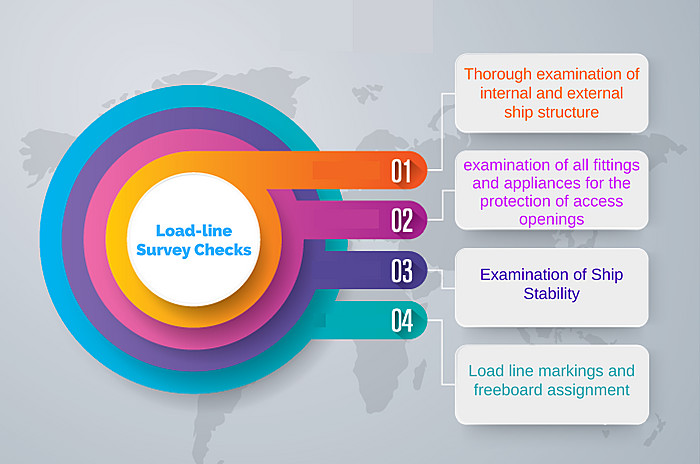![]()
Statutory and Mandatory Certificates
Introduction Statutory and mandatory certificates are essential documents required by law or regulatory bodies to ensure compliance with established standards, safety regulations, and legal requirements. These certificates serve as proof that organizations, systems, or individuals meet the necessary qualifications or conditions to operate safely and legally.
Statutory Certificates
Definition:
Statutory certificates are legally required documents issued by governing bodies, regulatory authorities, or other authorized institutions. These certificates typically pertain to sectors such as maritime, construction, and health, ensuring that operations comply with international and national laws.
Purpose:
Governments and regulatory bodies issue statutory certificates to enforce specific laws, ensure public safety, and protect the environment. In industries like maritime, statutory certificates ensure that ships meet safety and environmental standards, including pollution prevention, fire safety, and life-saving equipment.
Examples of Statutory Certificates:
International Oil Pollution Prevention (IOPP) Certificate: Issued under the International Convention for the Prevention of Pollution from Ships (MARPOL), this certificate ensures that vessels comply with pollution prevention measures.
Load Line Certificate: This certificate verifies that ships comply with regulations regarding load lines, ensuring the safety of vessels and their cargo.
Fire Safety Certificate: Issued to verify that buildings or vessels meet fire safety regulations.
Mandatory Certificates
Definition:
Mandatory certificates refer to the documentation required by industry standards, certifications, or employer policies. Although not necessarily legally enforced, they are crucial for operational integrity, professional competency, and adherence to industry standards.
Purpose:
Mandatory certificates ensure that professionals or entities adhere to best practices within their field. These certificates often pertain to skill verification, professional development, or adherence to operational safety standards. Employers, clients, or certification bodies typically require them.
Examples of Mandatory Certificates:
ISO Certification: This mandatory certificate confirms that an organization adheres to international standards for quality management systems (ISO 9001) or environmental management systems (ISO 14001).
Safety Training Certificates: For industries like construction, employees must obtain safety certificates like OSHA (Occupational Safety and Health Administration) training certificates, ensuring workers know essential safety practices.
Professional Licenses: In fields like medicine, engineering, or law, professionals must obtain mandatory licenses to practice legally and safely within their profession.
Key Differences Between Statutory and Mandatory Certificates
Source of Requirement: Statutory certificates are enforced by law or international conventions, while mandatory certificates stem from industry standards or employer policies.
Consequence of Non-Compliance:
Failure to hold statutory certificates can lead to legal penalties, fines, or shutdowns, while missing mandatory certificates may result in employment issues or operational setbacks.
Scope: Statutory certificates often focus on safety, legality, and environmental protection, whereas mandatory certificates emphasize skills, professionalism, and industry best practices.
FAQs:
To visit: https://www.mca.gov.in

For further details access our website https://vibrantfinserv.com
